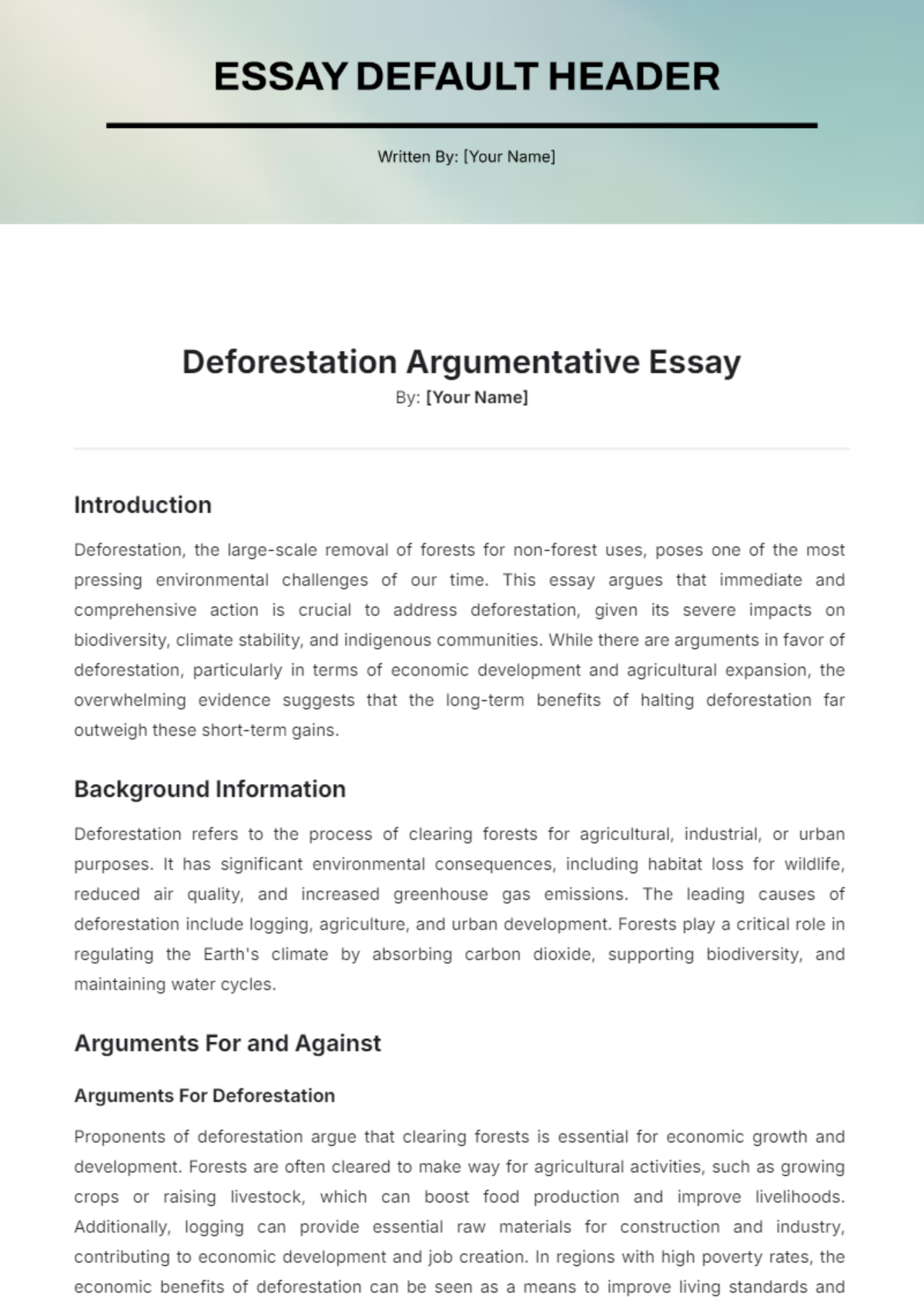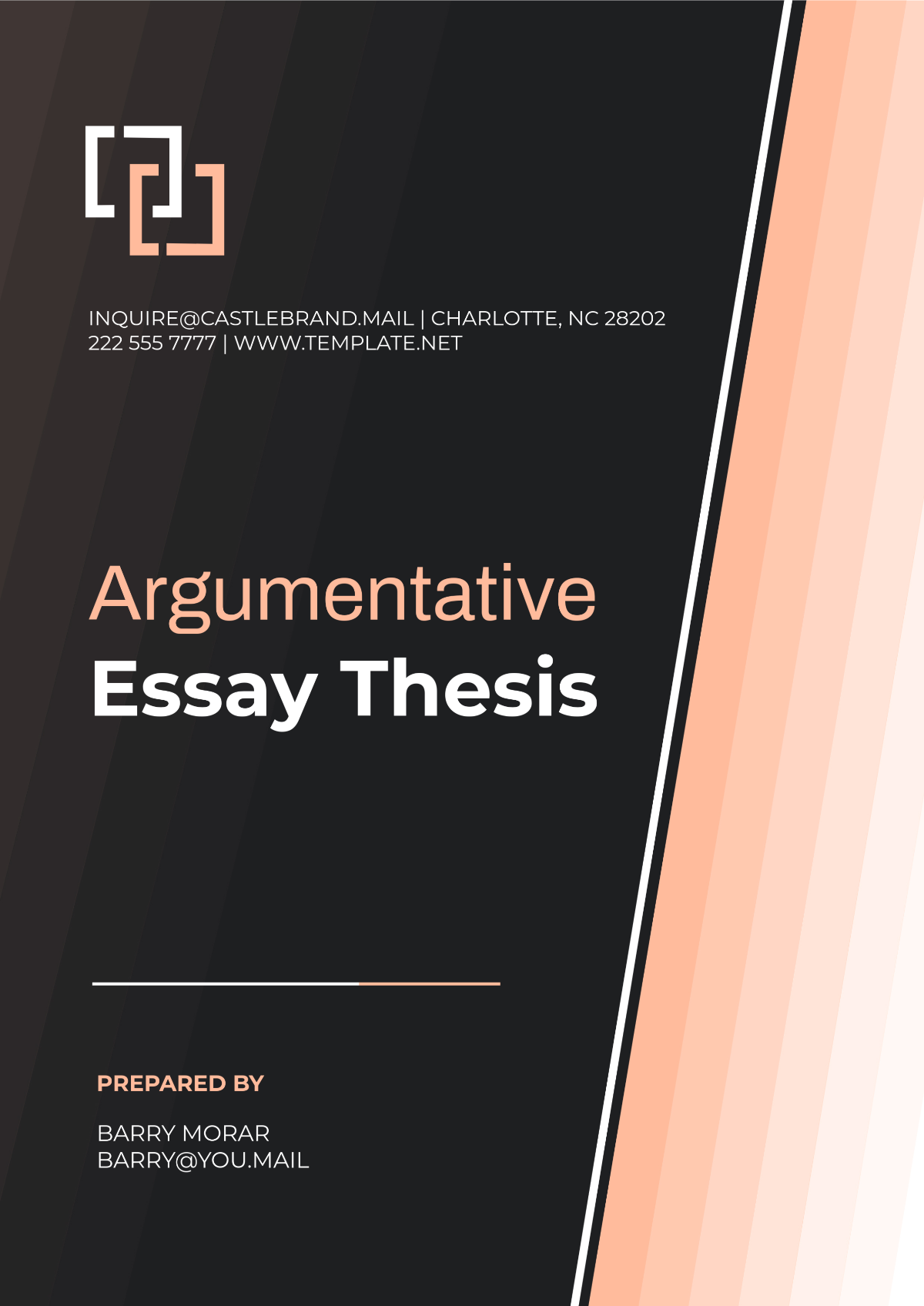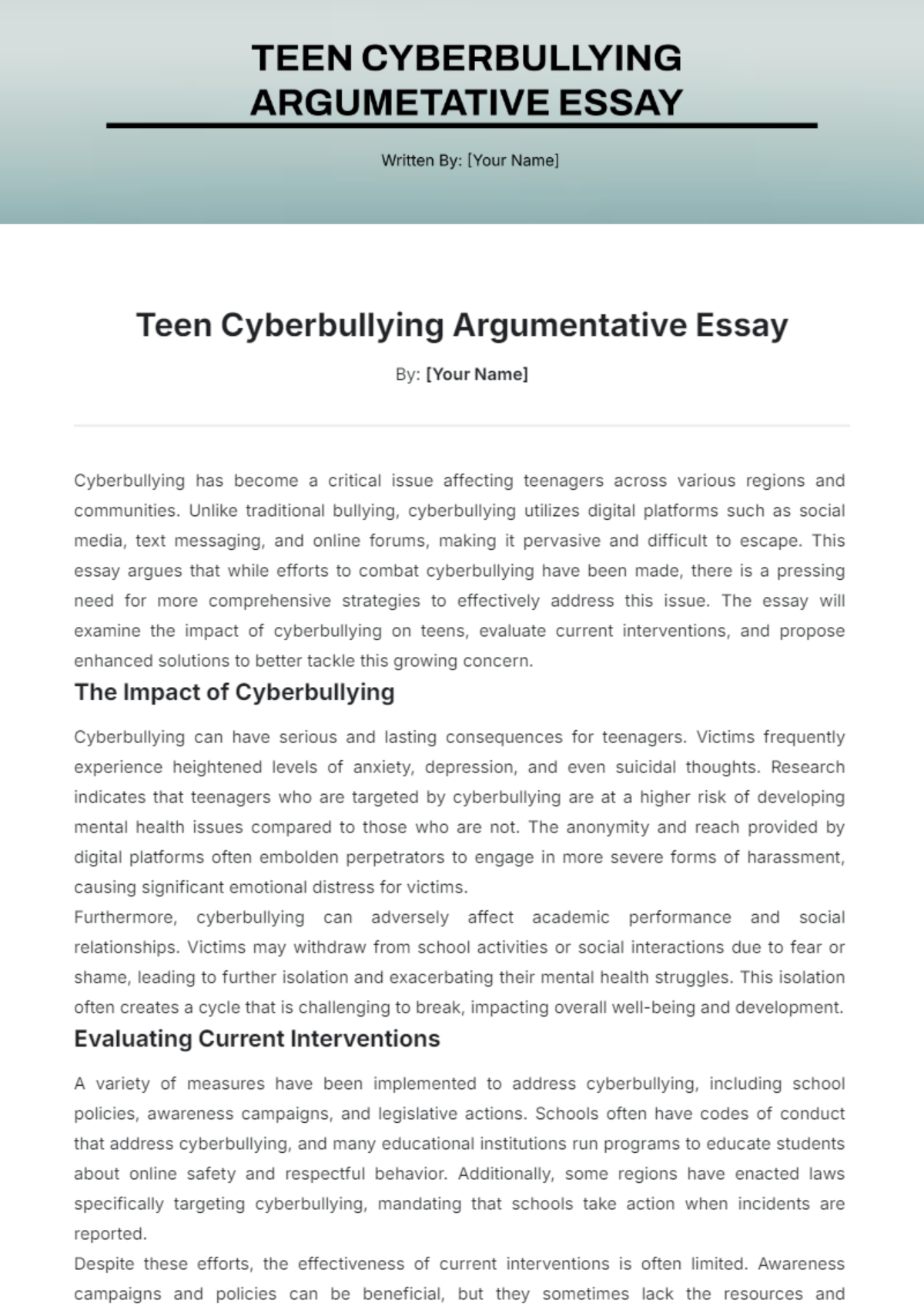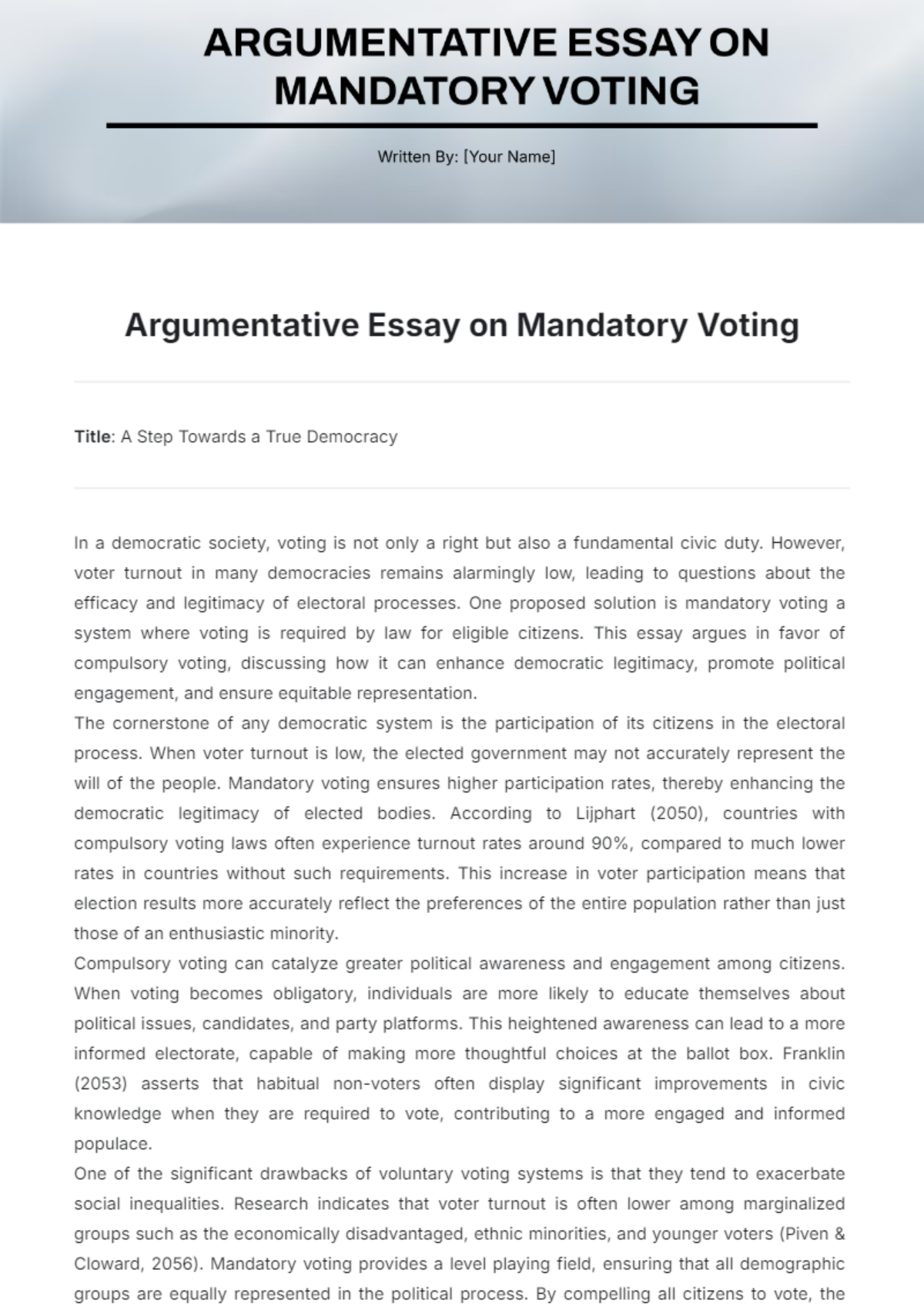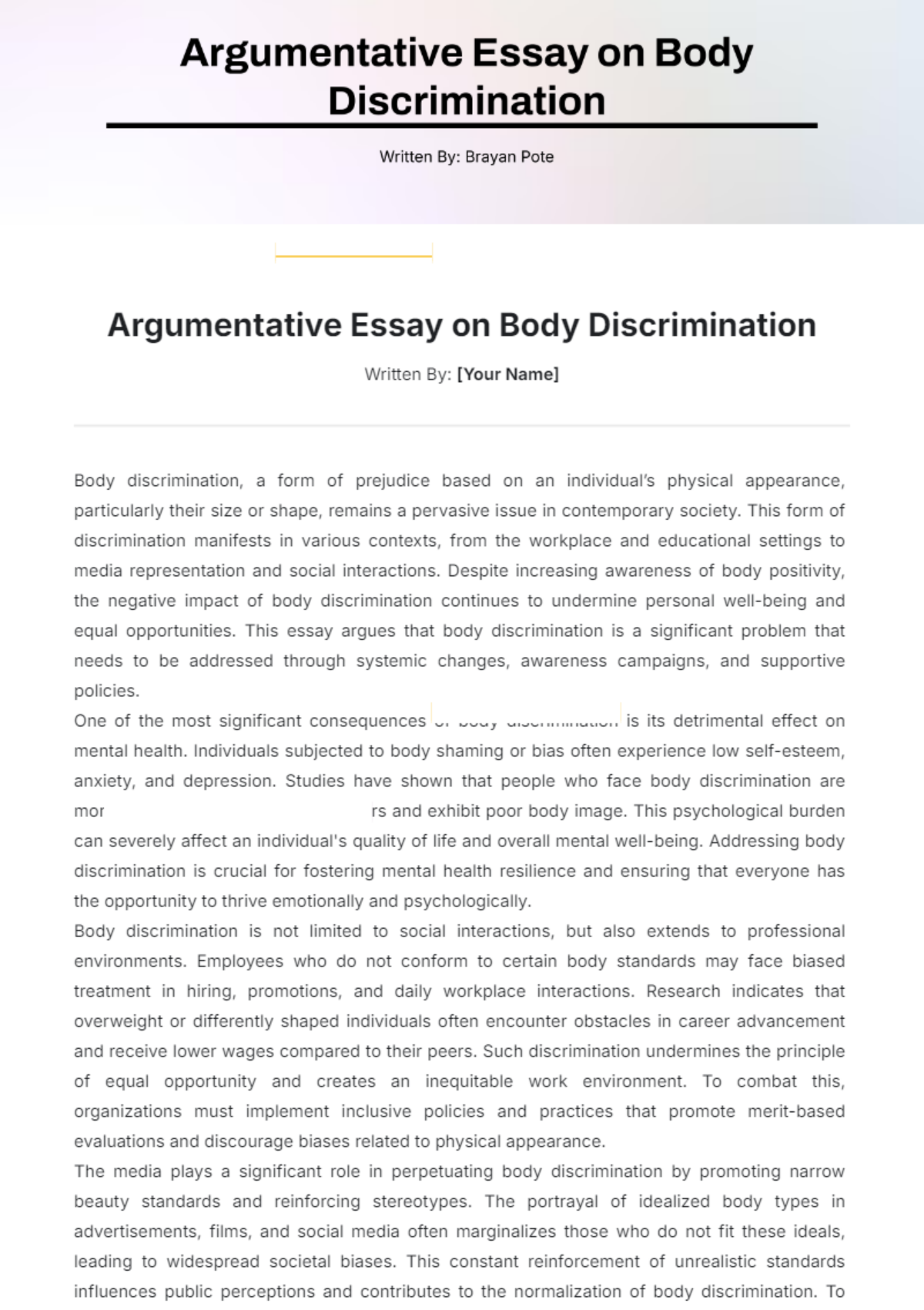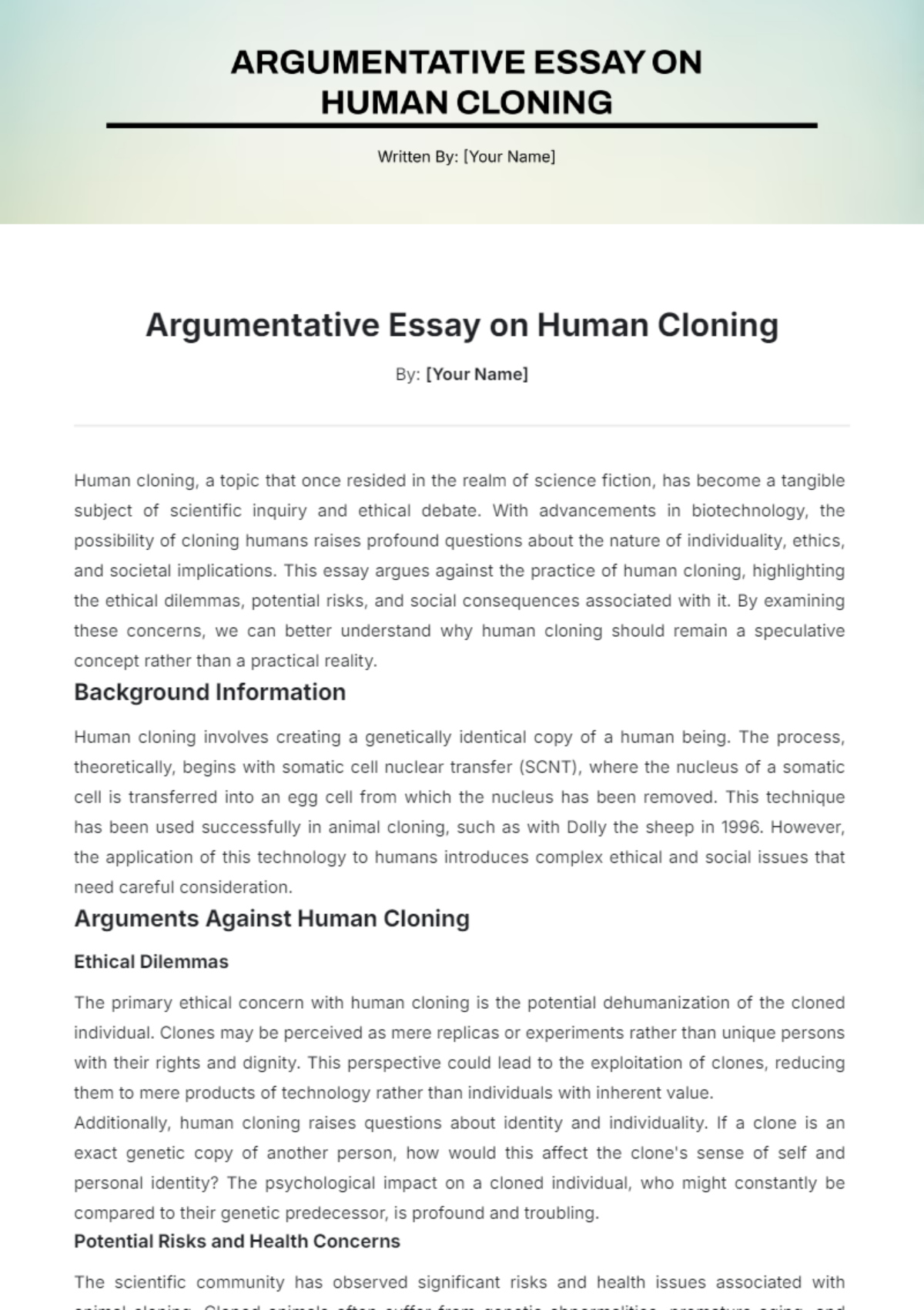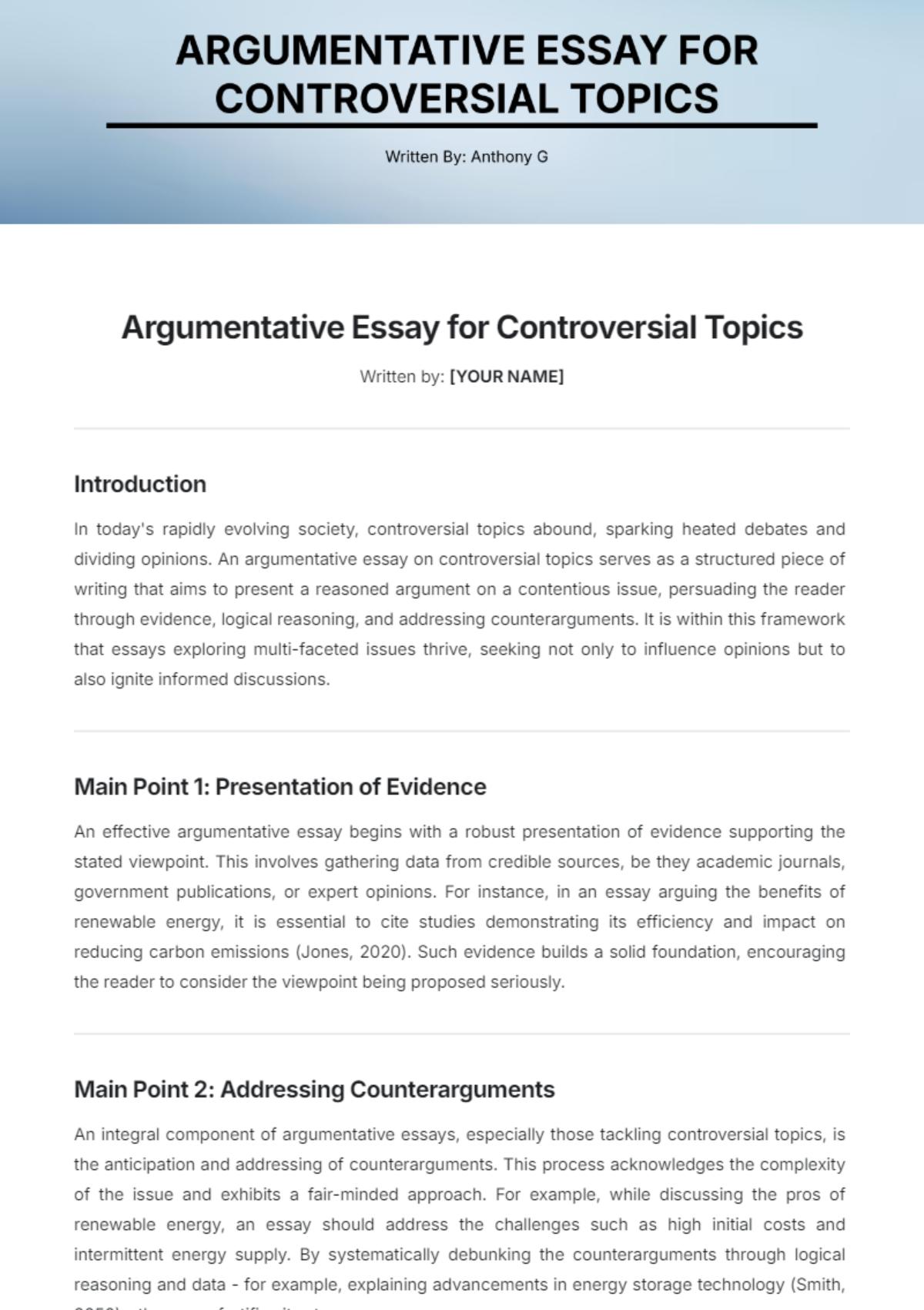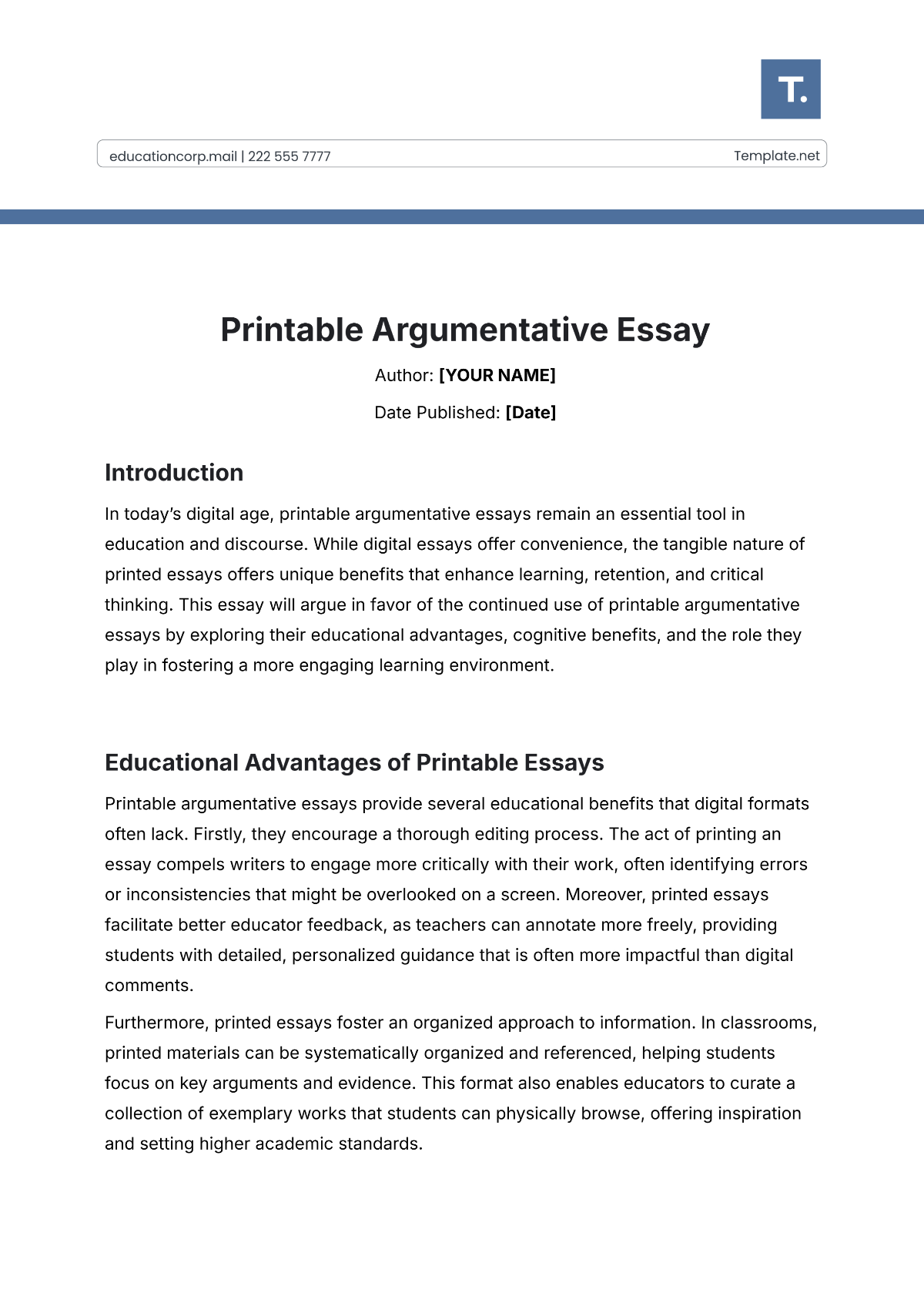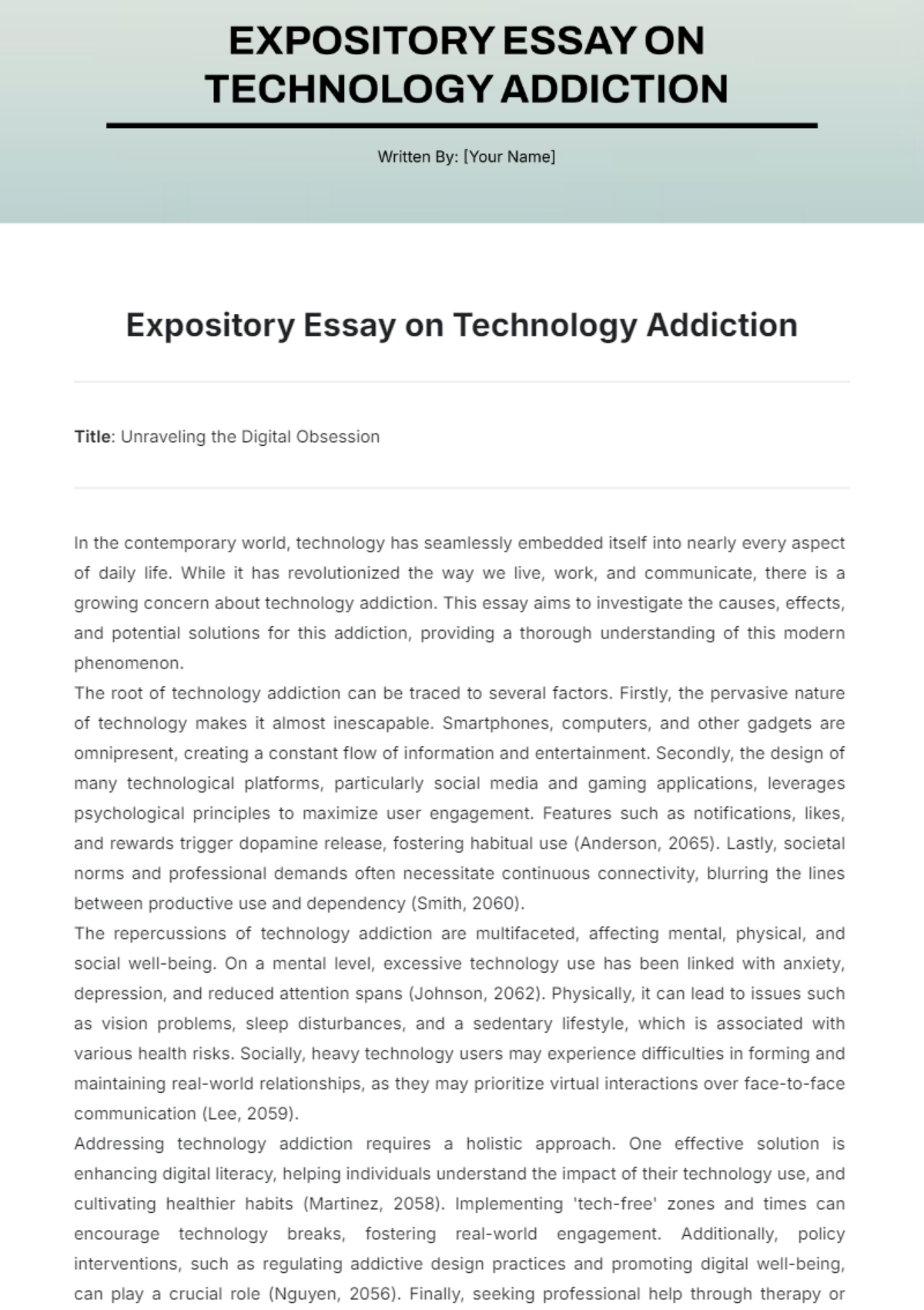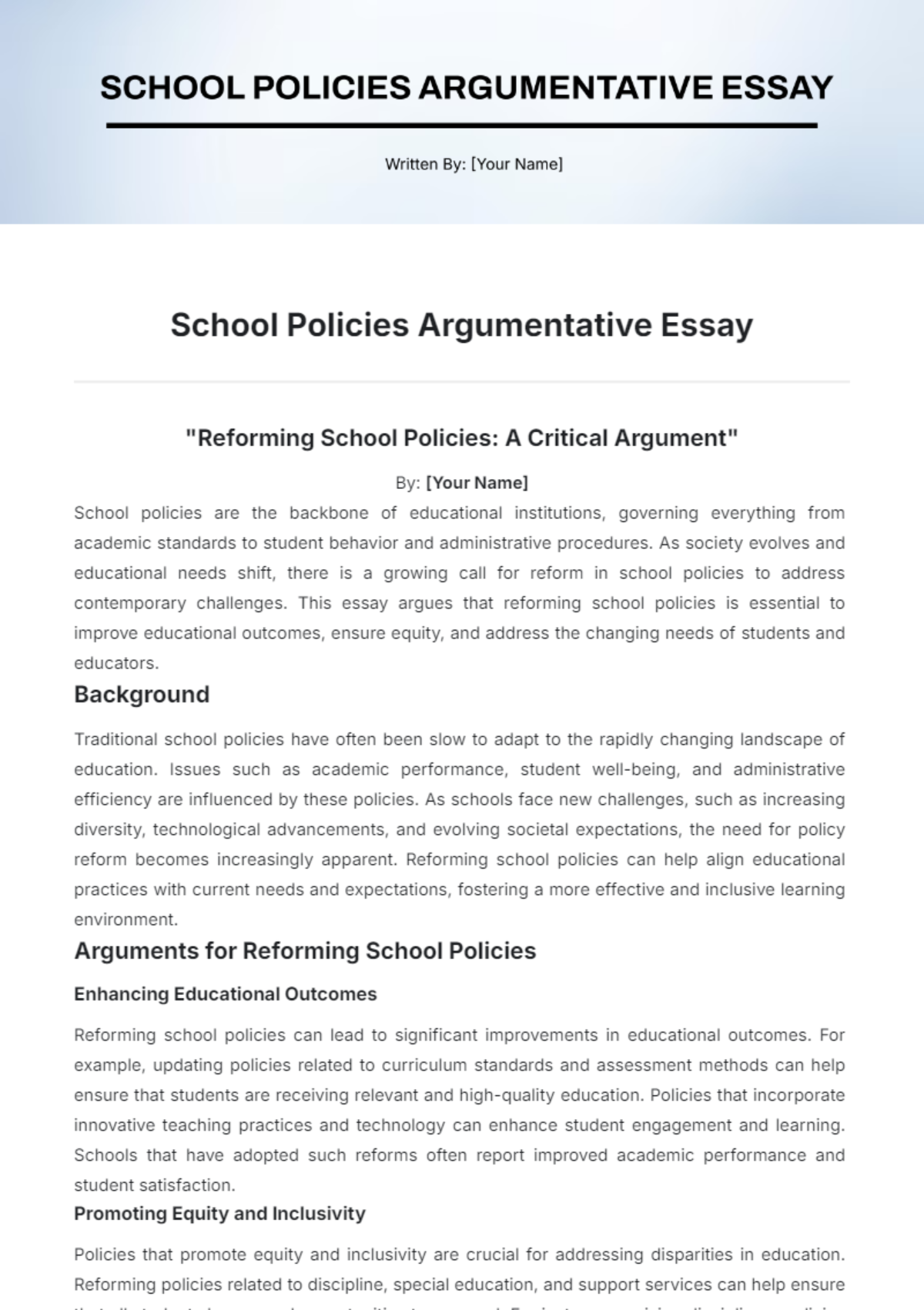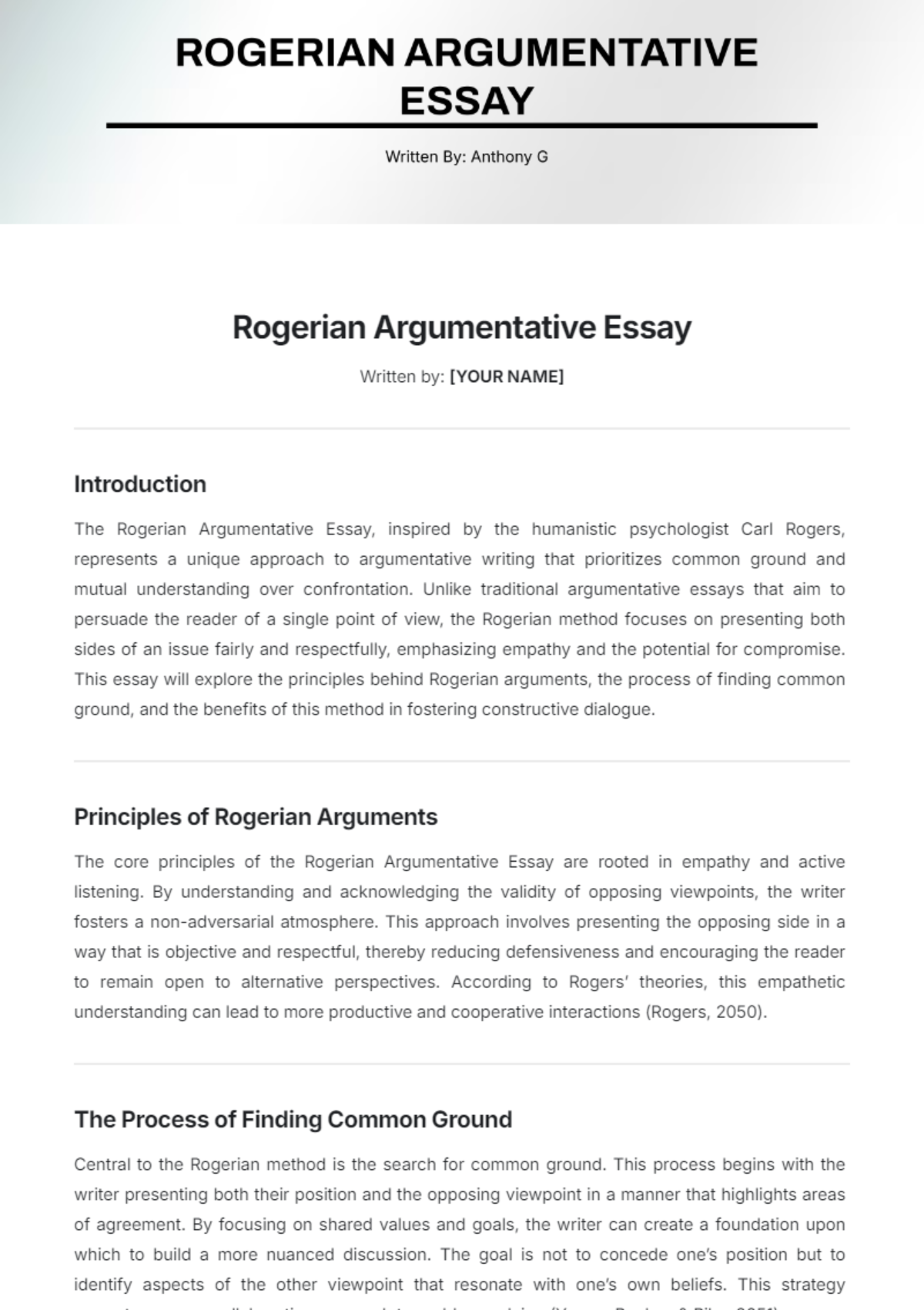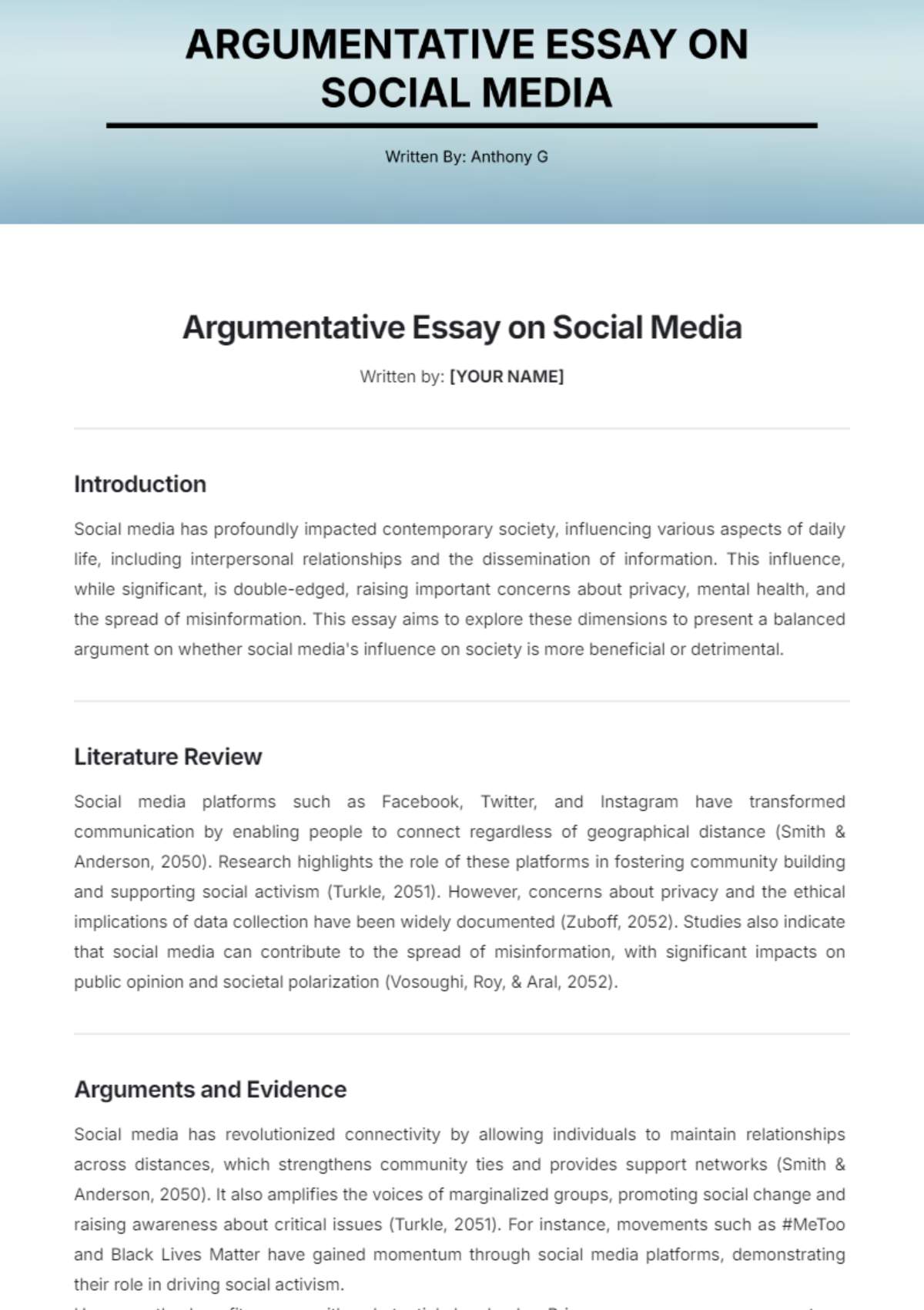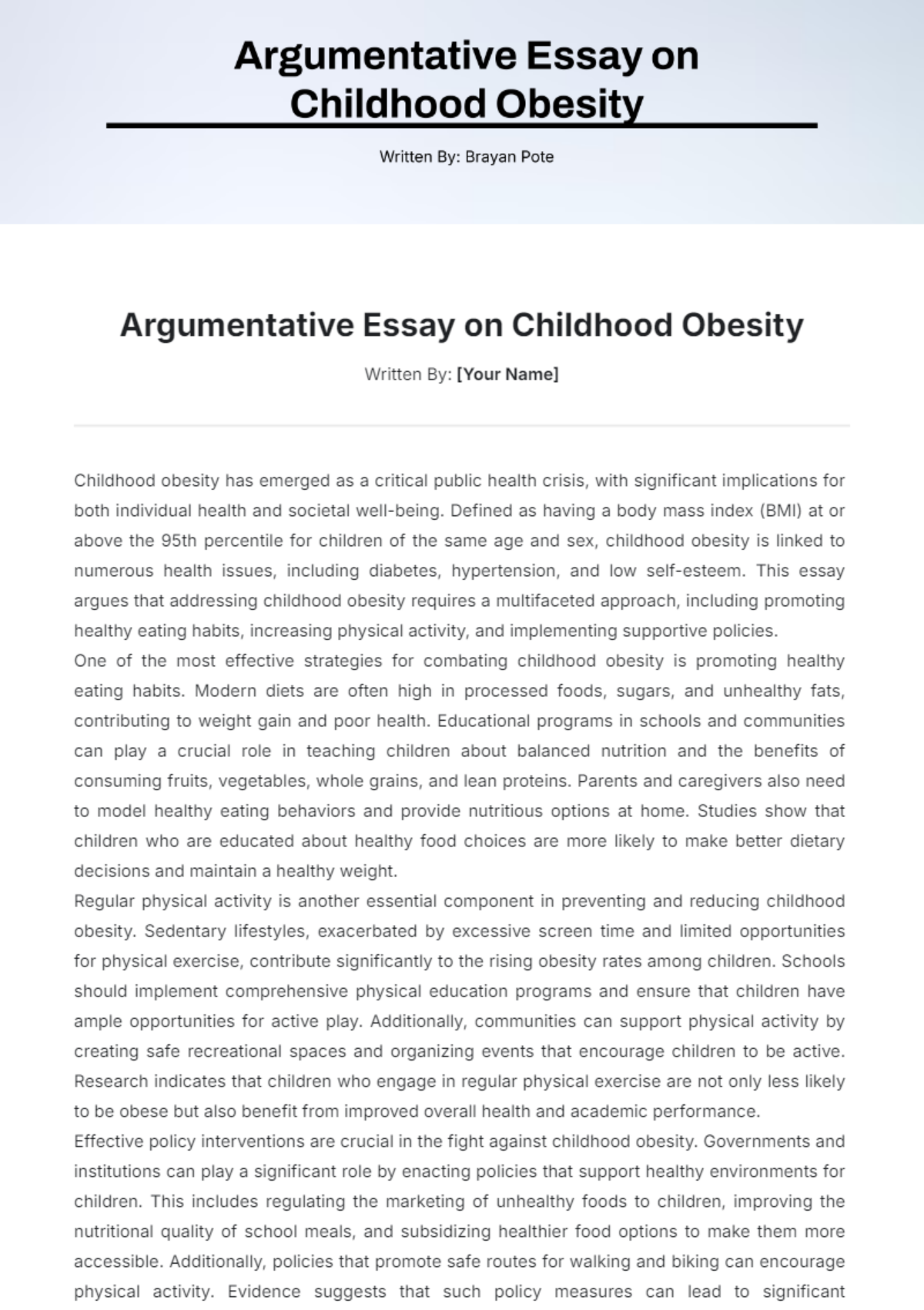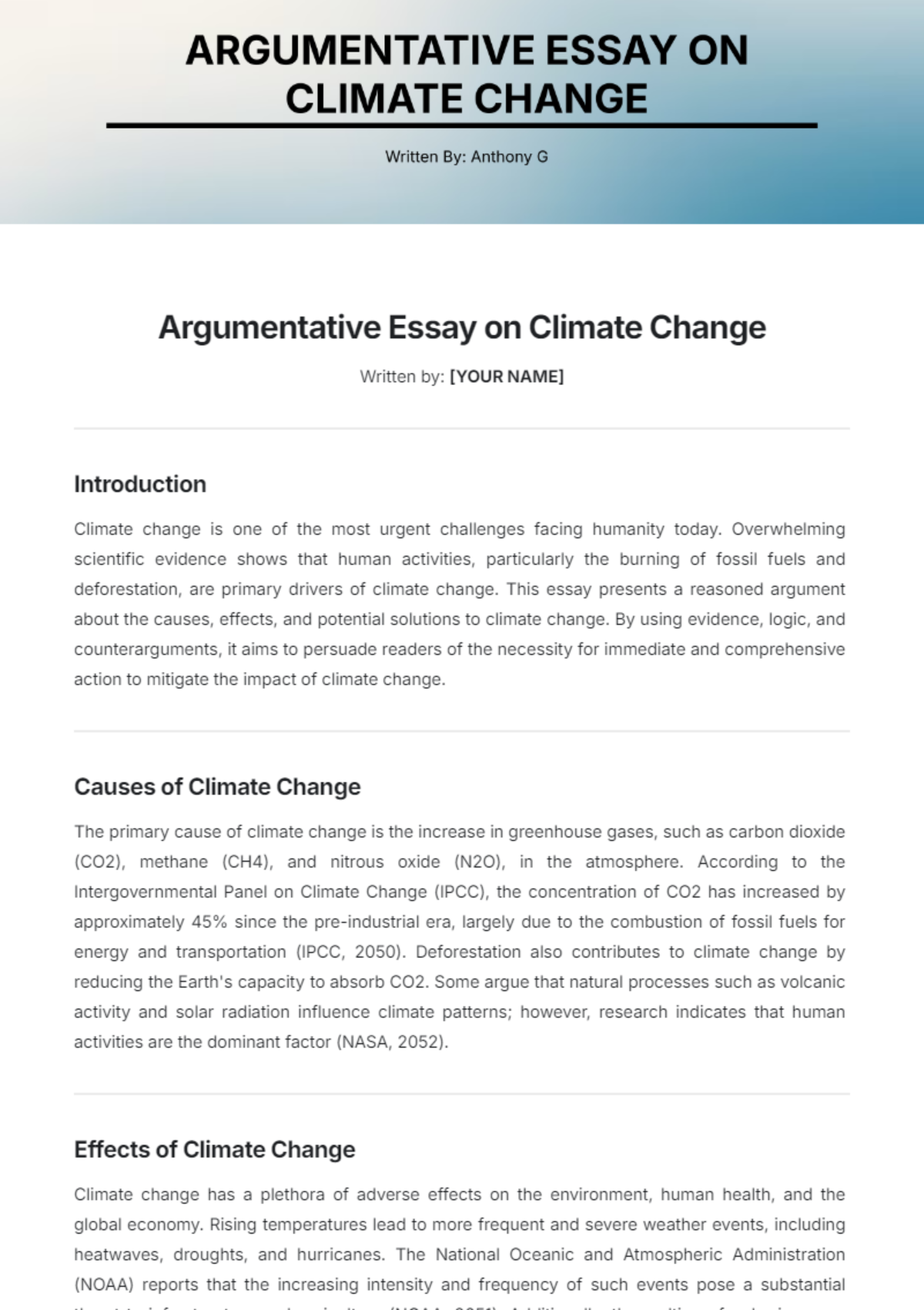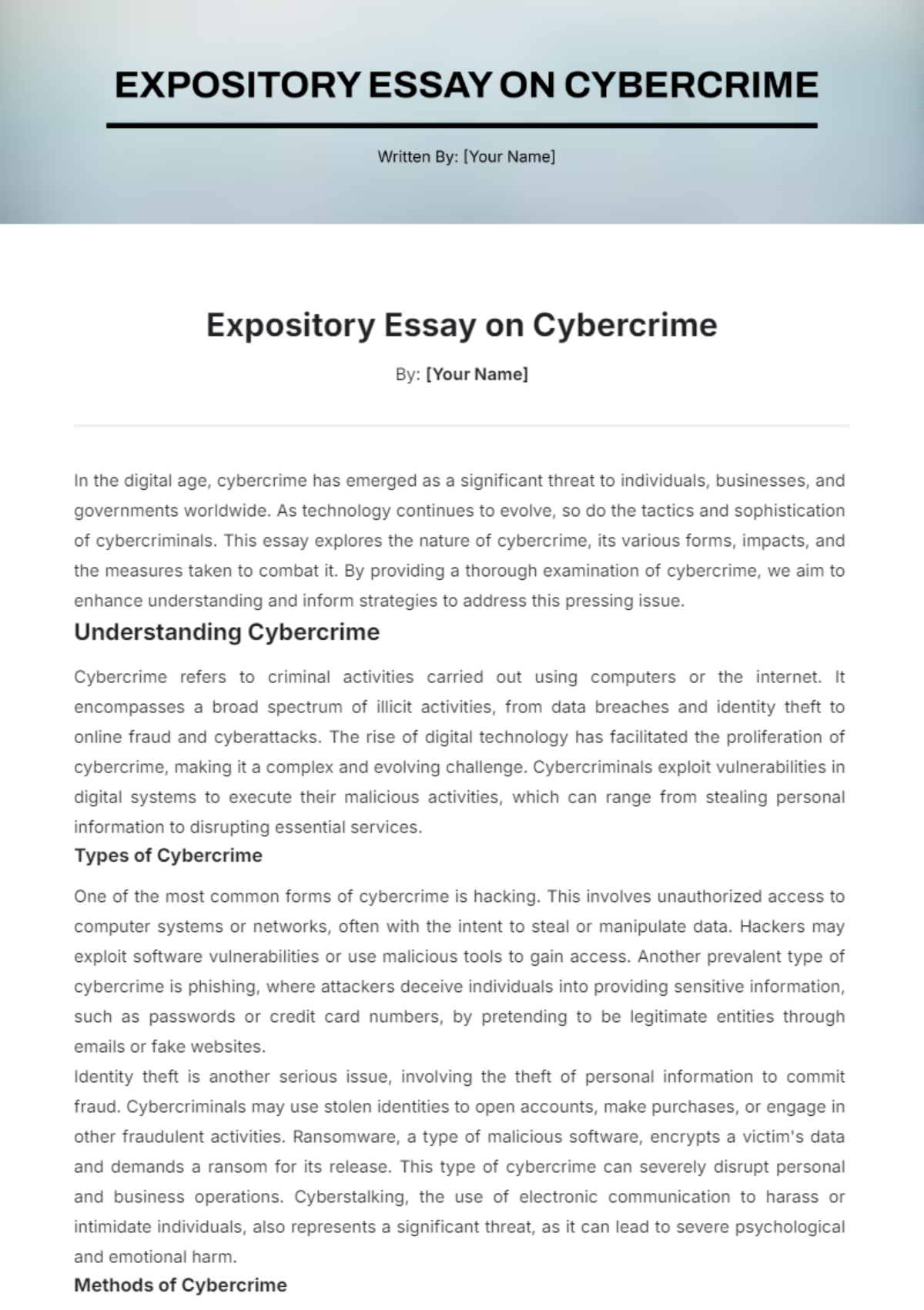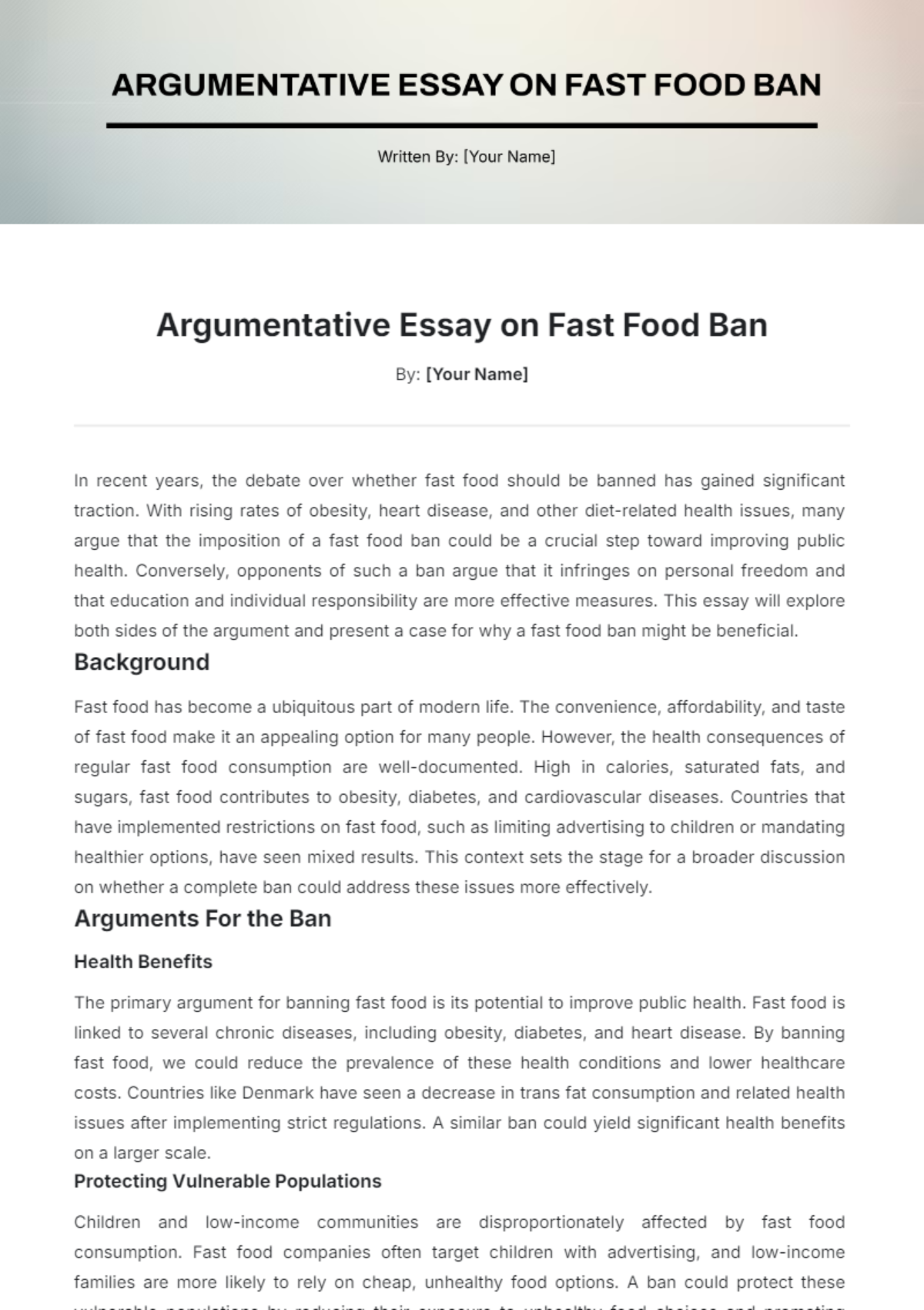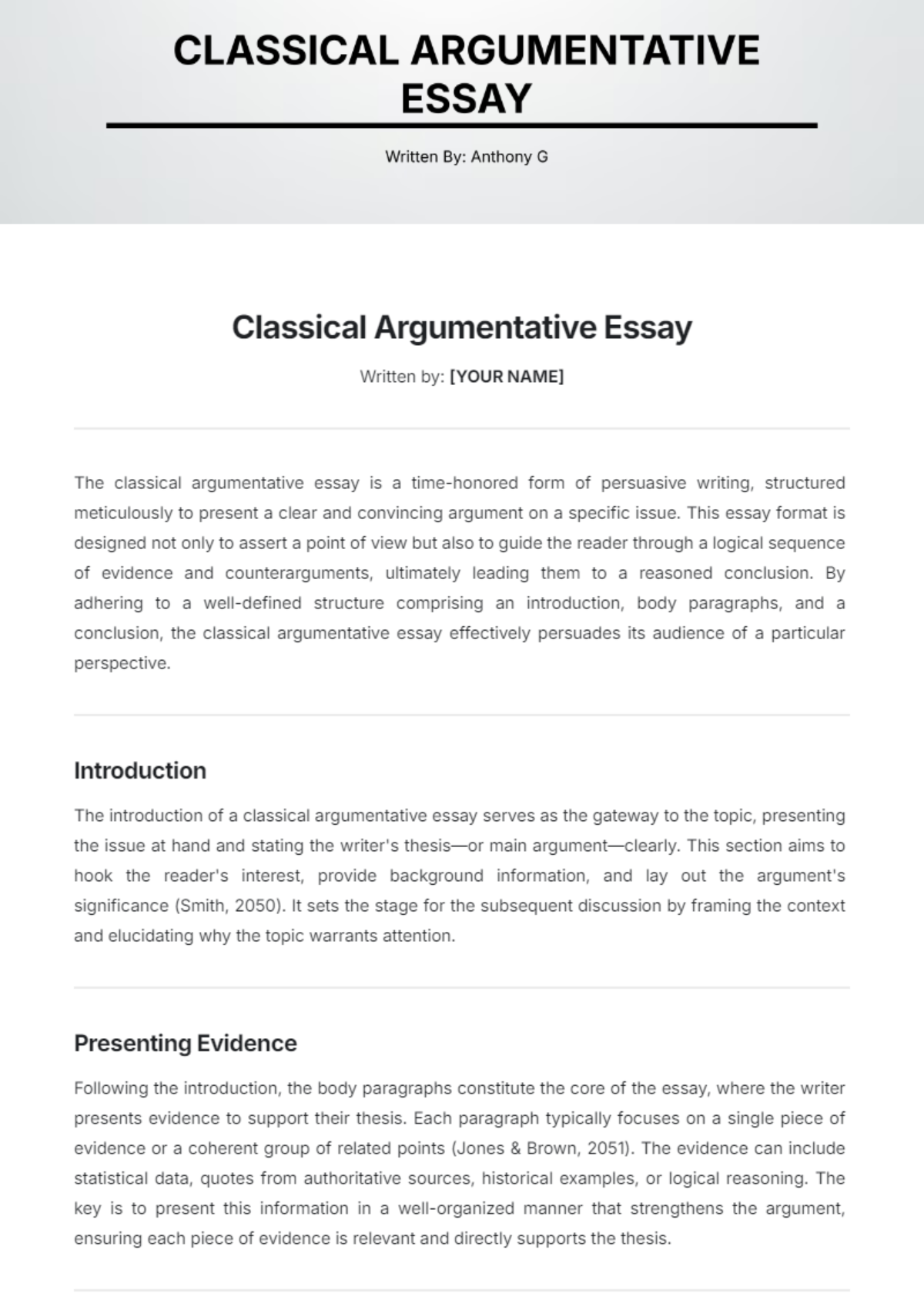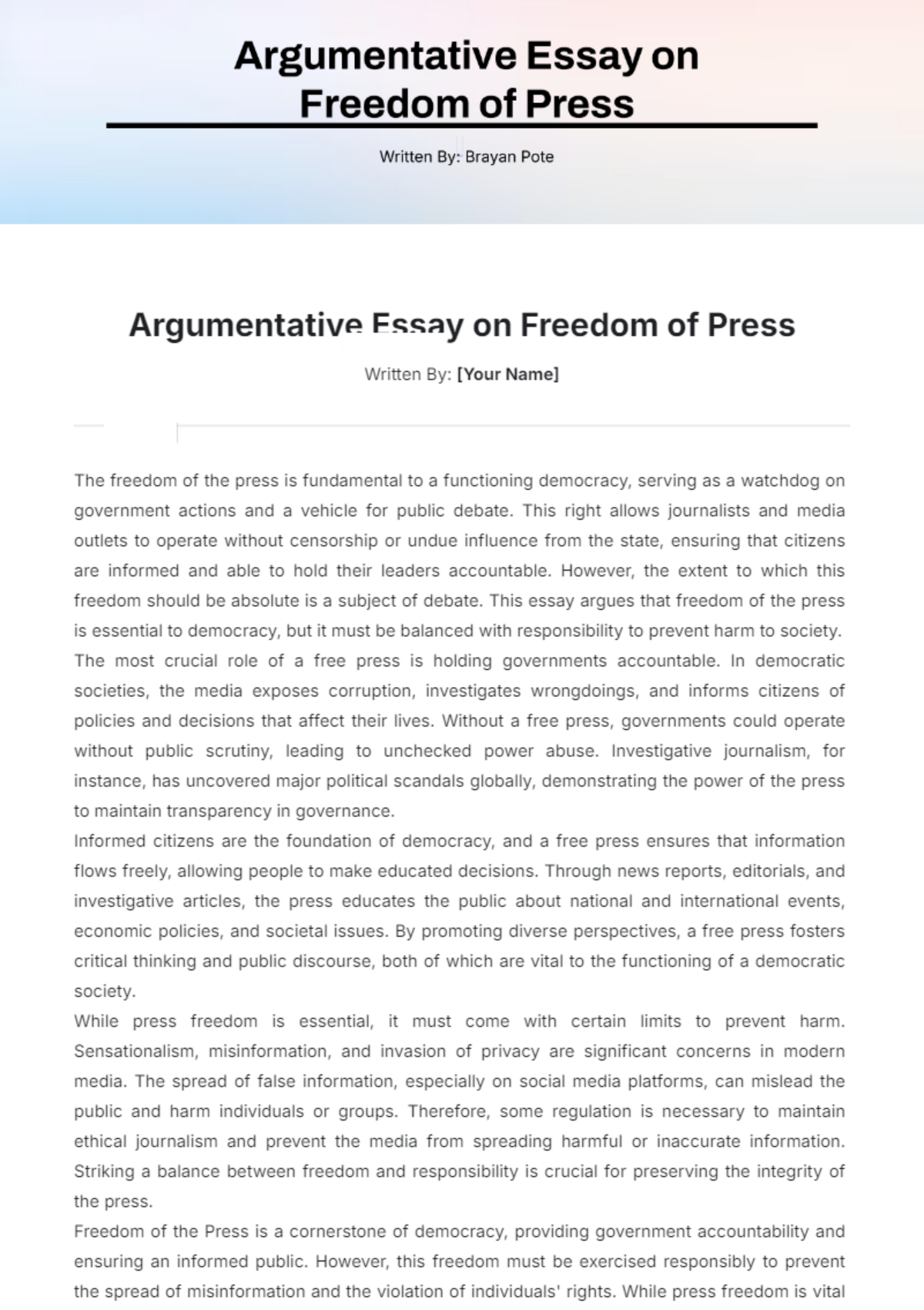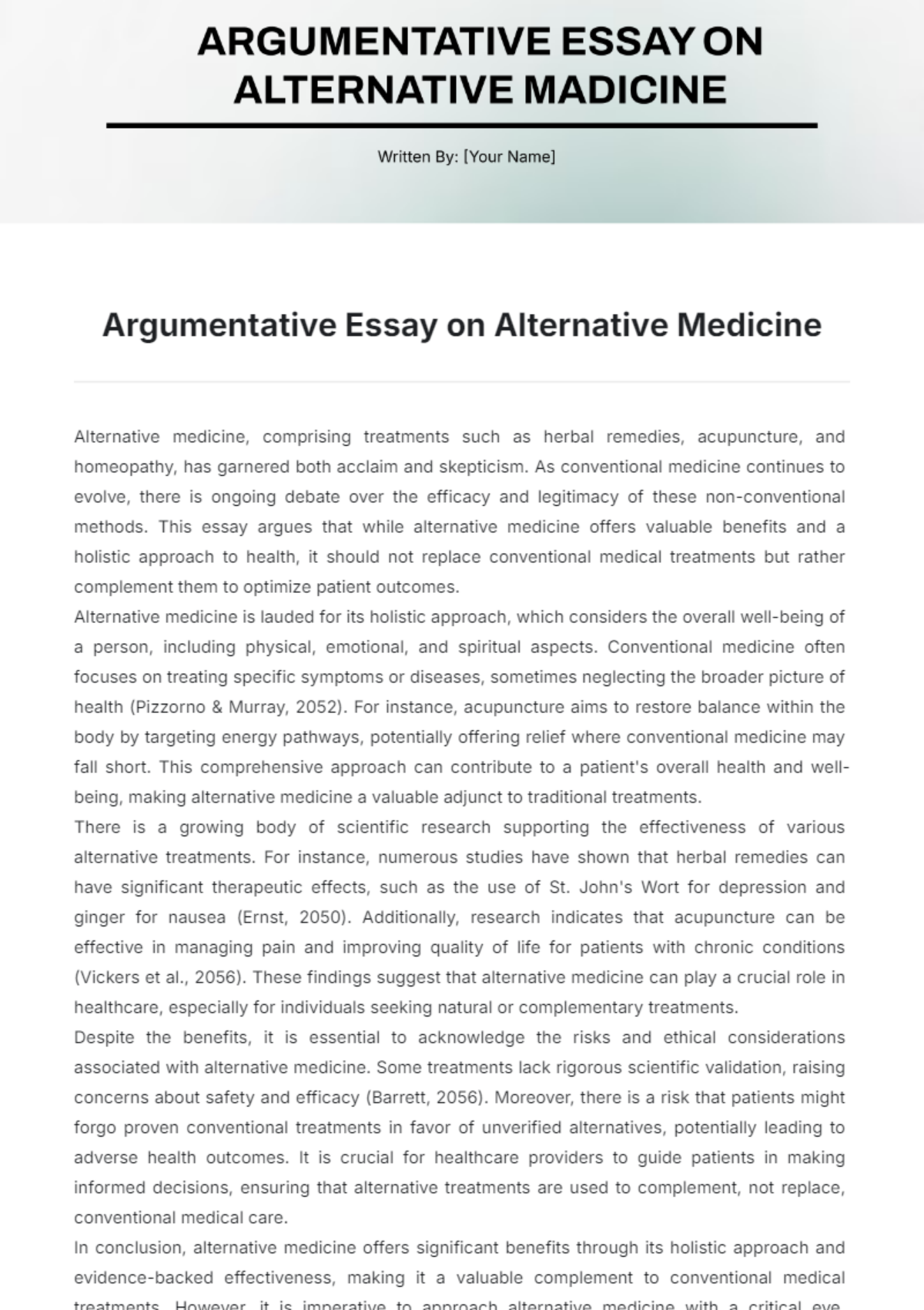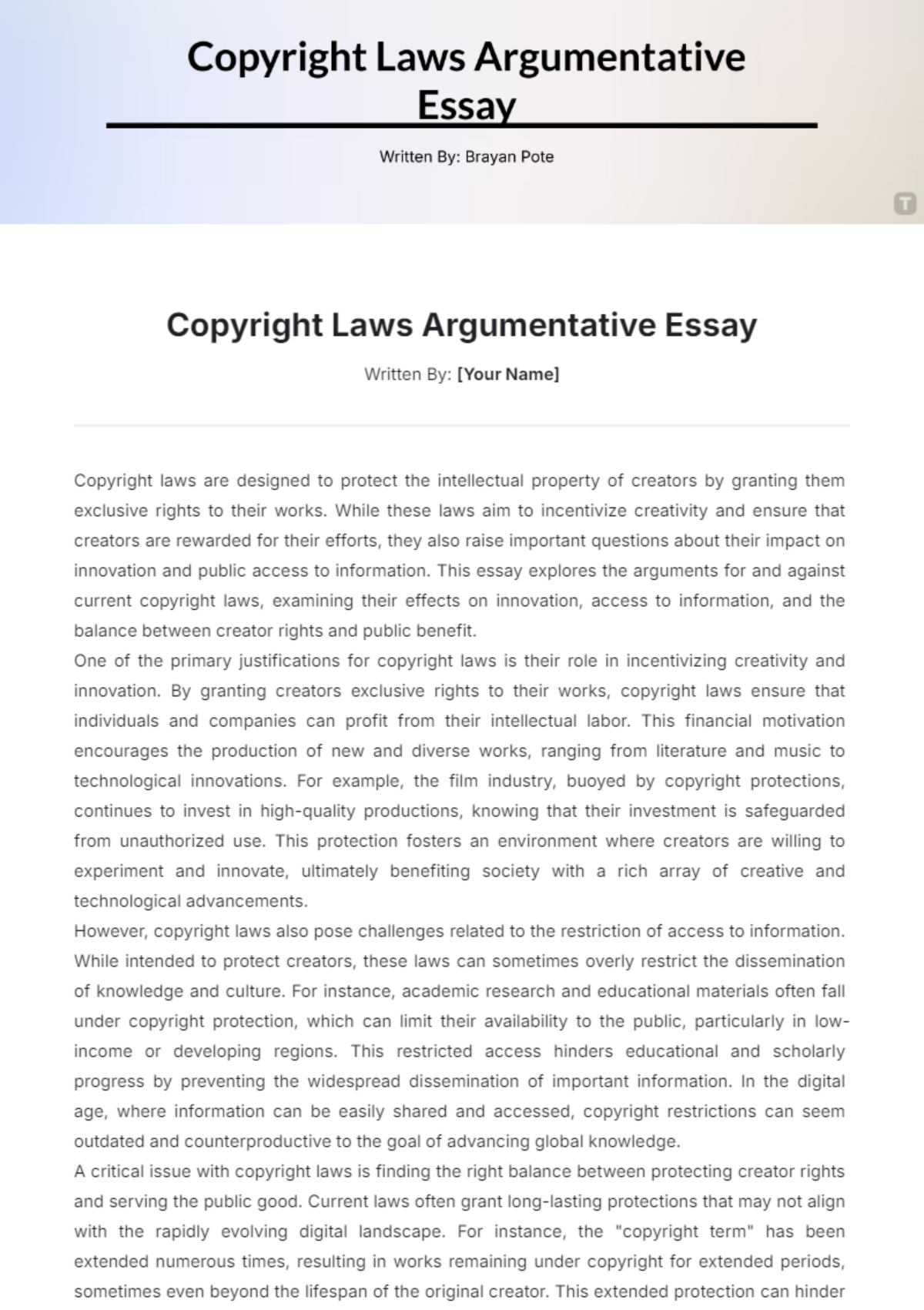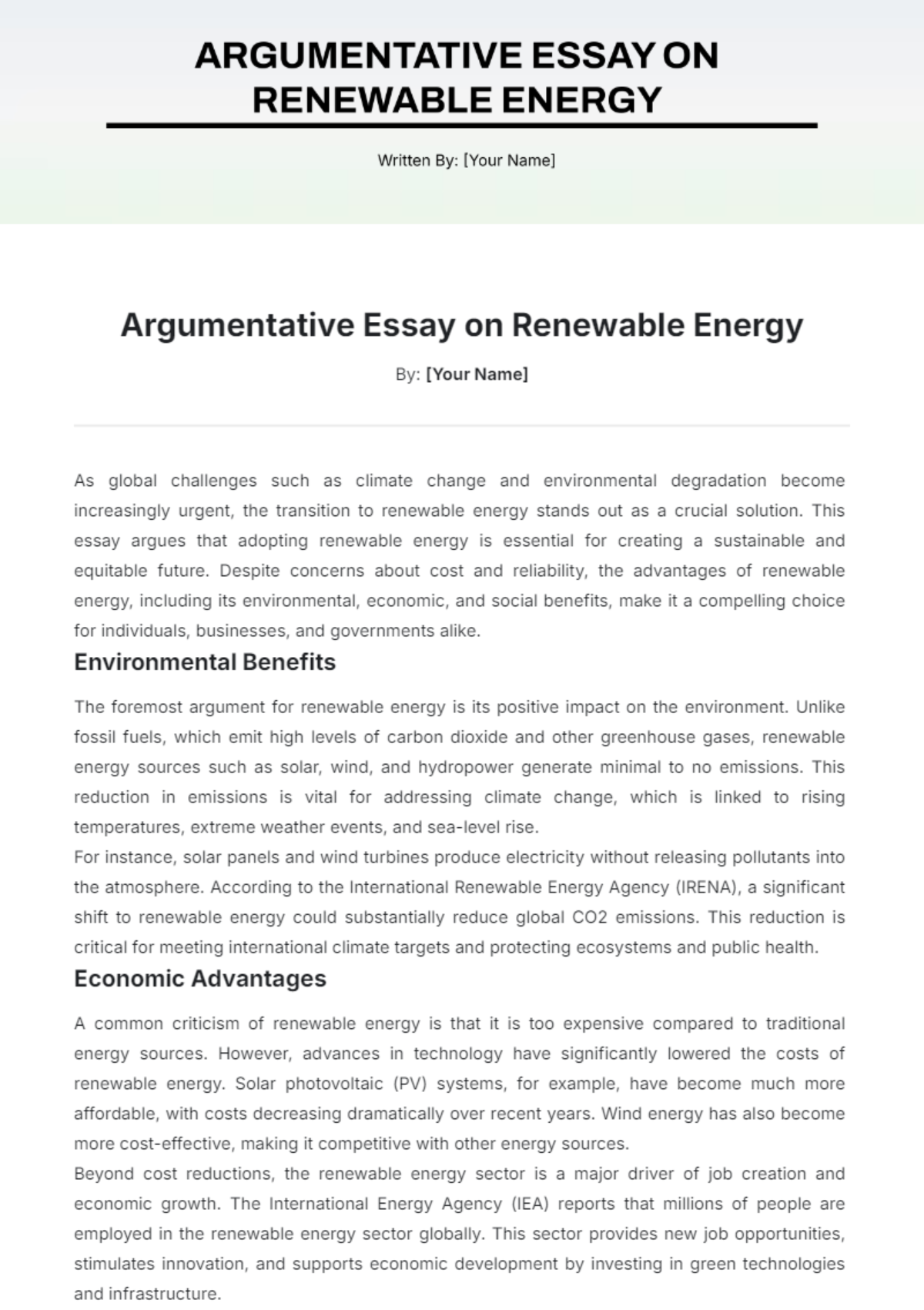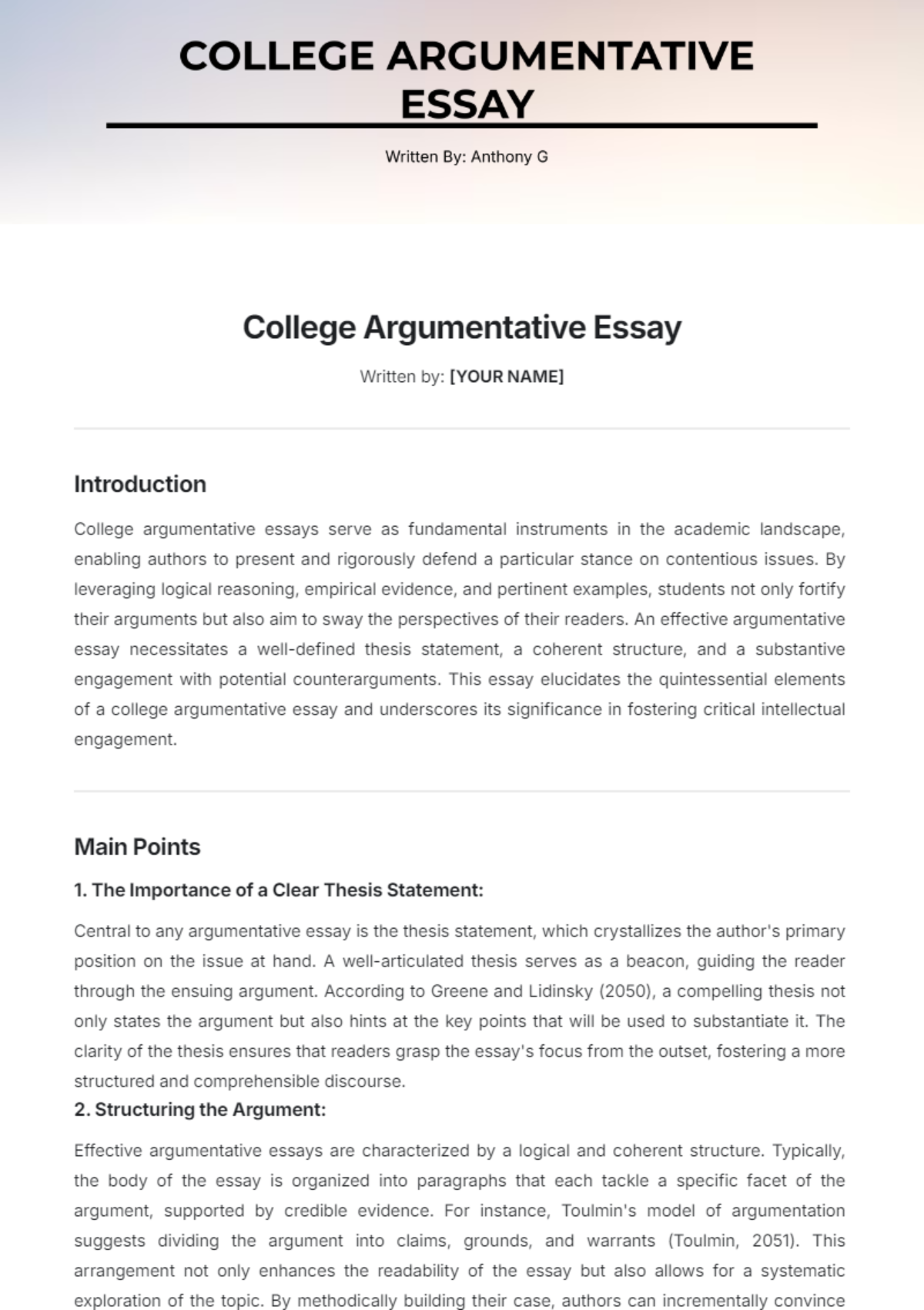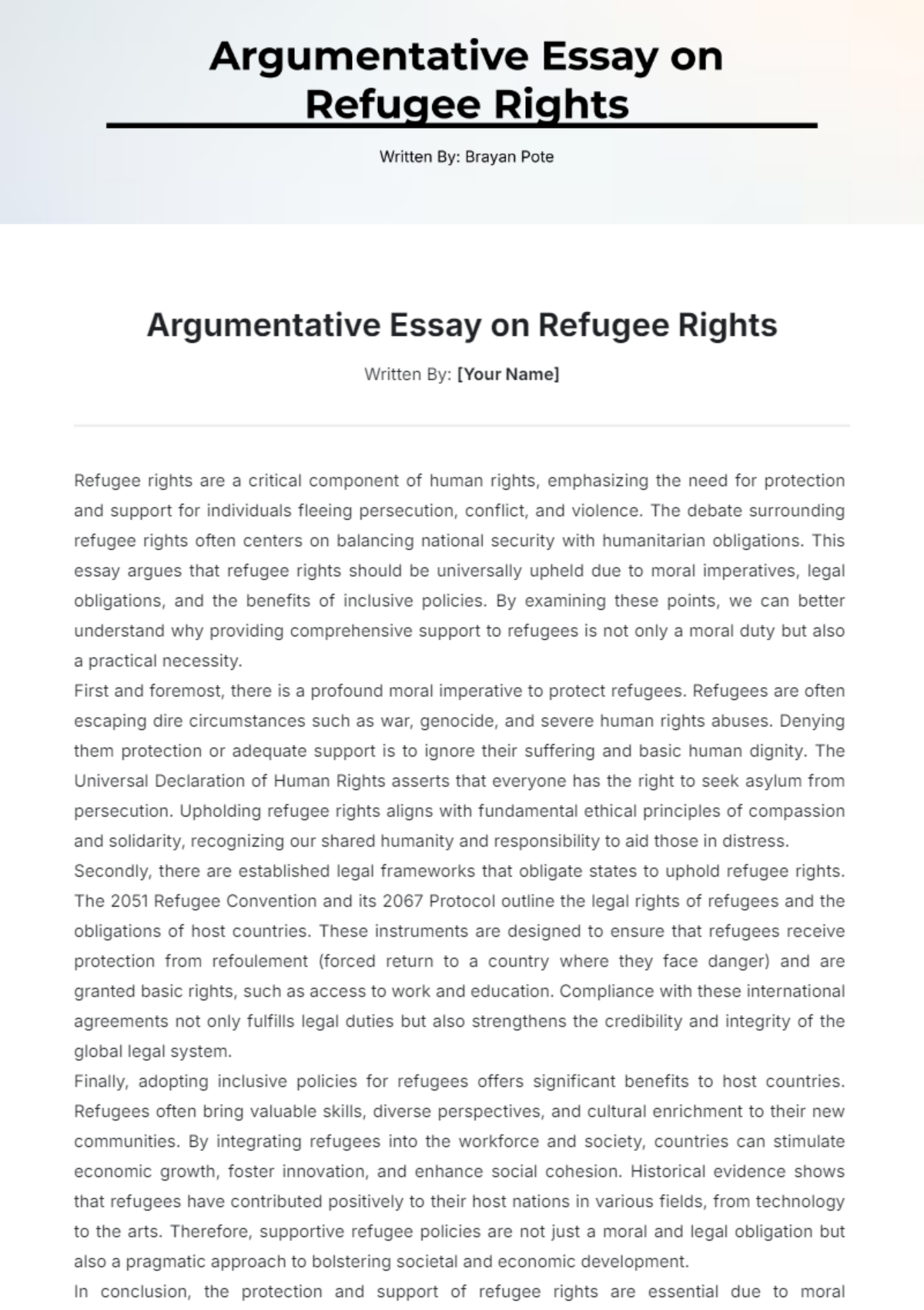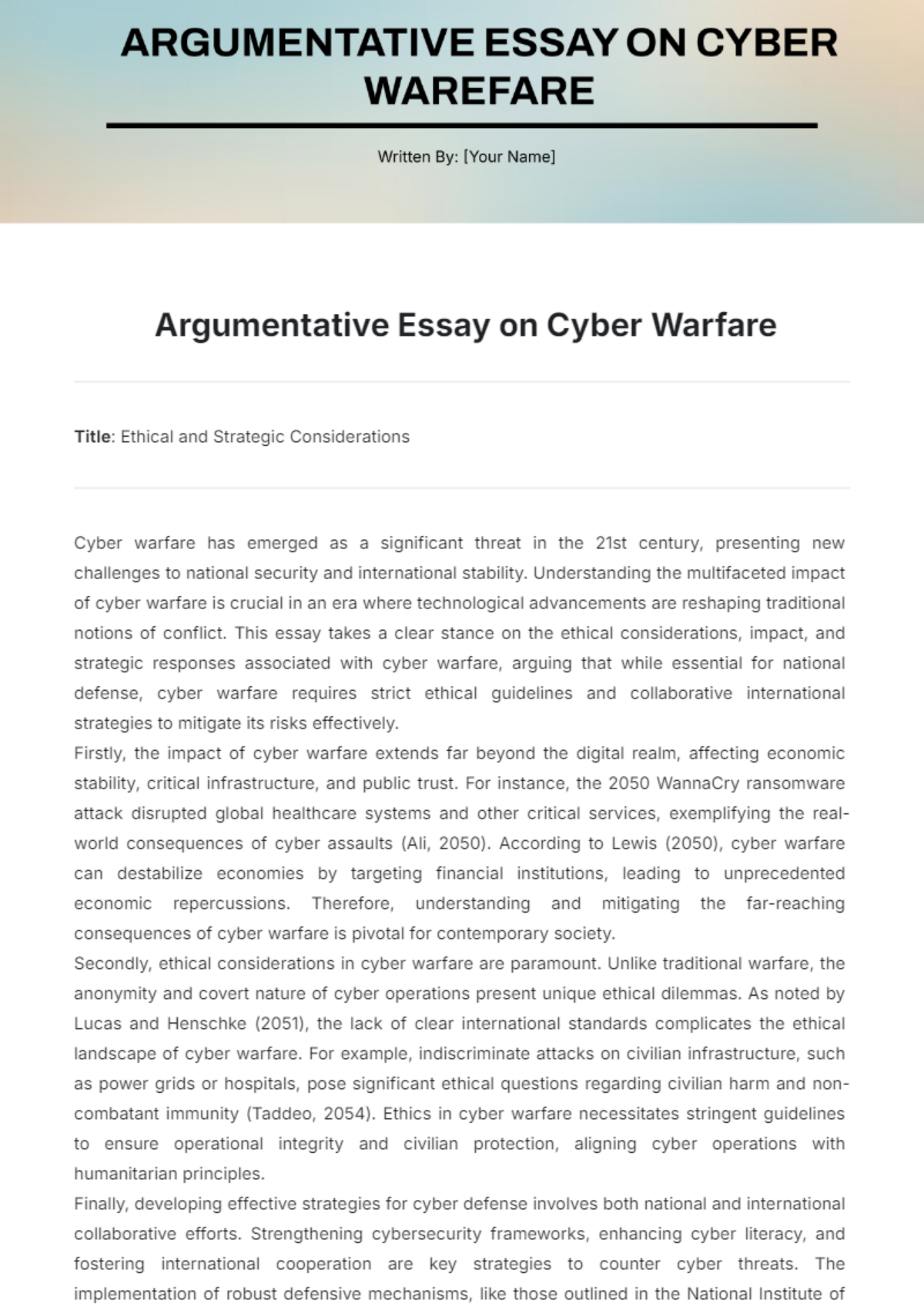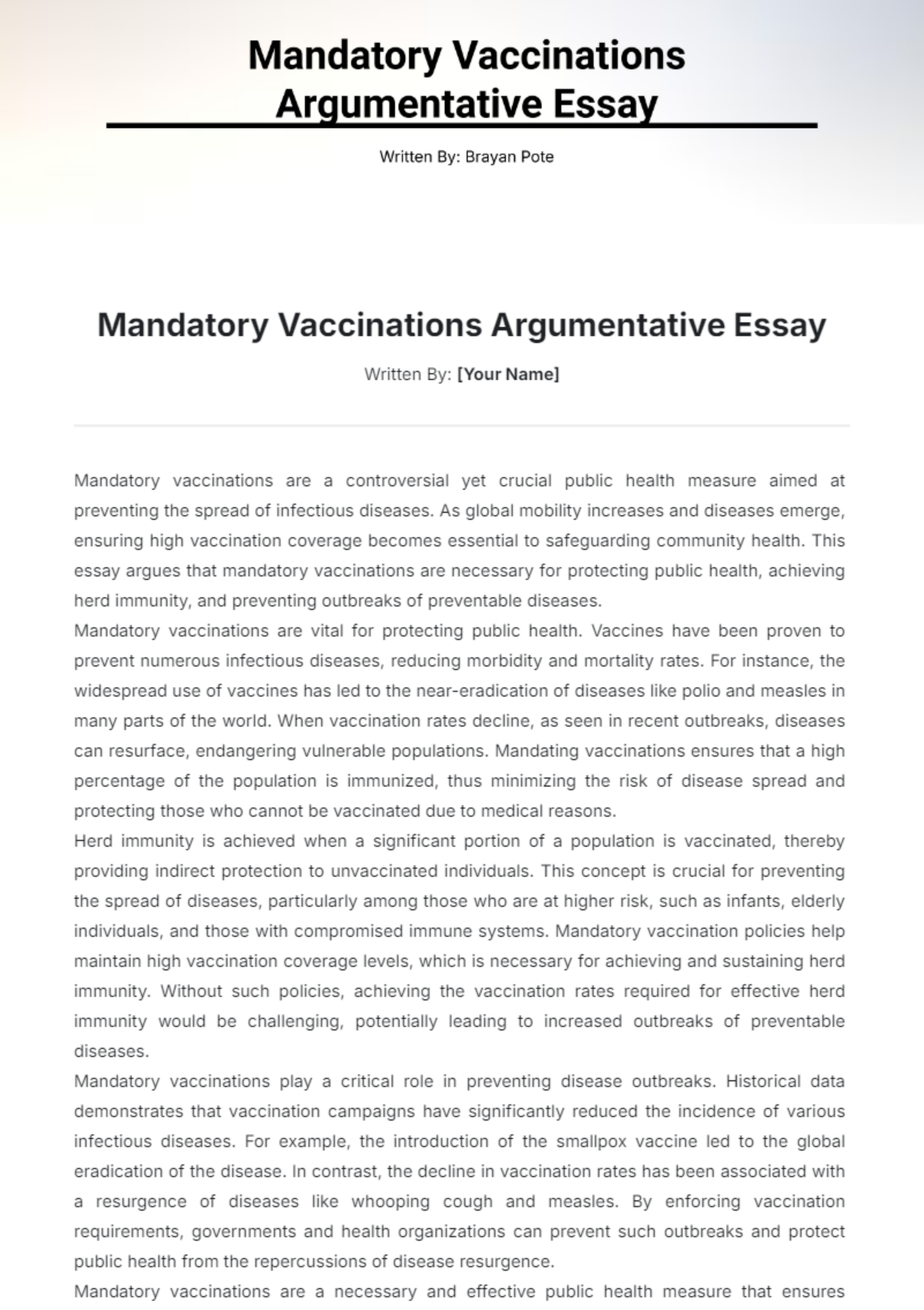Deforestation Argumentative Essay
By: [Your Name]
Introduction
Deforestation, the large-scale removal of forests for non-forest uses, poses one of the most pressing environmental challenges of our time. This essay argues that immediate and comprehensive action is crucial to address deforestation, given its severe impacts on biodiversity, climate stability, and indigenous communities. While there are arguments in favor of deforestation, particularly in terms of economic development and agricultural expansion, the overwhelming evidence suggests that the long-term benefits of halting deforestation far outweigh these short-term gains.
Background Information
Deforestation refers to the process of clearing forests for agricultural, industrial, or urban purposes. It has significant environmental consequences, including habitat loss for wildlife, reduced air quality, and increased greenhouse gas emissions. The leading causes of deforestation include logging, agriculture, and urban development. Forests play a critical role in regulating the Earth's climate by absorbing carbon dioxide, supporting biodiversity, and maintaining water cycles.
Arguments For and Against
Arguments For Deforestation
Proponents of deforestation argue that clearing forests is essential for economic growth and development. Forests are often cleared to make way for agricultural activities, such as growing crops or raising livestock, which can boost food production and improve livelihoods. Additionally, logging can provide essential raw materials for construction and industry, contributing to economic development and job creation. In regions with high poverty rates, the economic benefits of deforestation can be seen as a means to improve living standards and infrastructure.
Arguments Against Deforestation
Contrary to these arguments, the negative impacts of deforestation are profound and far-reaching. The loss of forests leads to the destruction of critical habitats for countless species, many of which are endangered or at risk of extinction. This loss of biodiversity undermines ecosystem stability and resilience. Moreover, deforestation significantly contributes to climate change, as trees that once absorbed carbon dioxide are removed, releasing stored carbon into the atmosphere. This exacerbates global warming and contributes to extreme weather events. The displacement of Indigenous communities who depend on forests for their livelihoods also raises ethical concerns, highlighting the social injustices associated with deforestation.
Counterarguments
While the economic benefits of deforestation are often cited, they fail to account for the long-term costs associated with environmental degradation. For example, deforestation can lead to soil erosion and decreased agricultural productivity over time. Additionally, the short-term economic gains may be offset by the long-term consequences of climate change, which can result in more severe weather events and increased costs for disaster relief and adaptation. Sustainable alternatives, such as agroforestry and responsible logging practices, can provide economic benefits while preserving forest ecosystems and their services.
Conclusion
In conclusion, the evidence overwhelmingly supports the need for immediate action to combat deforestation. The environmental, climatic, and social costs associated with forest loss far exceed the short-term economic gains. By adopting sustainable practices and implementing effective conservation policies, we can mitigate the impacts of deforestation and protect the vital services that forests provide. Governments, businesses, and individuals must work together to ensure the preservation of our planet’s forests for future generations.
Essay Templates @ Template.net
